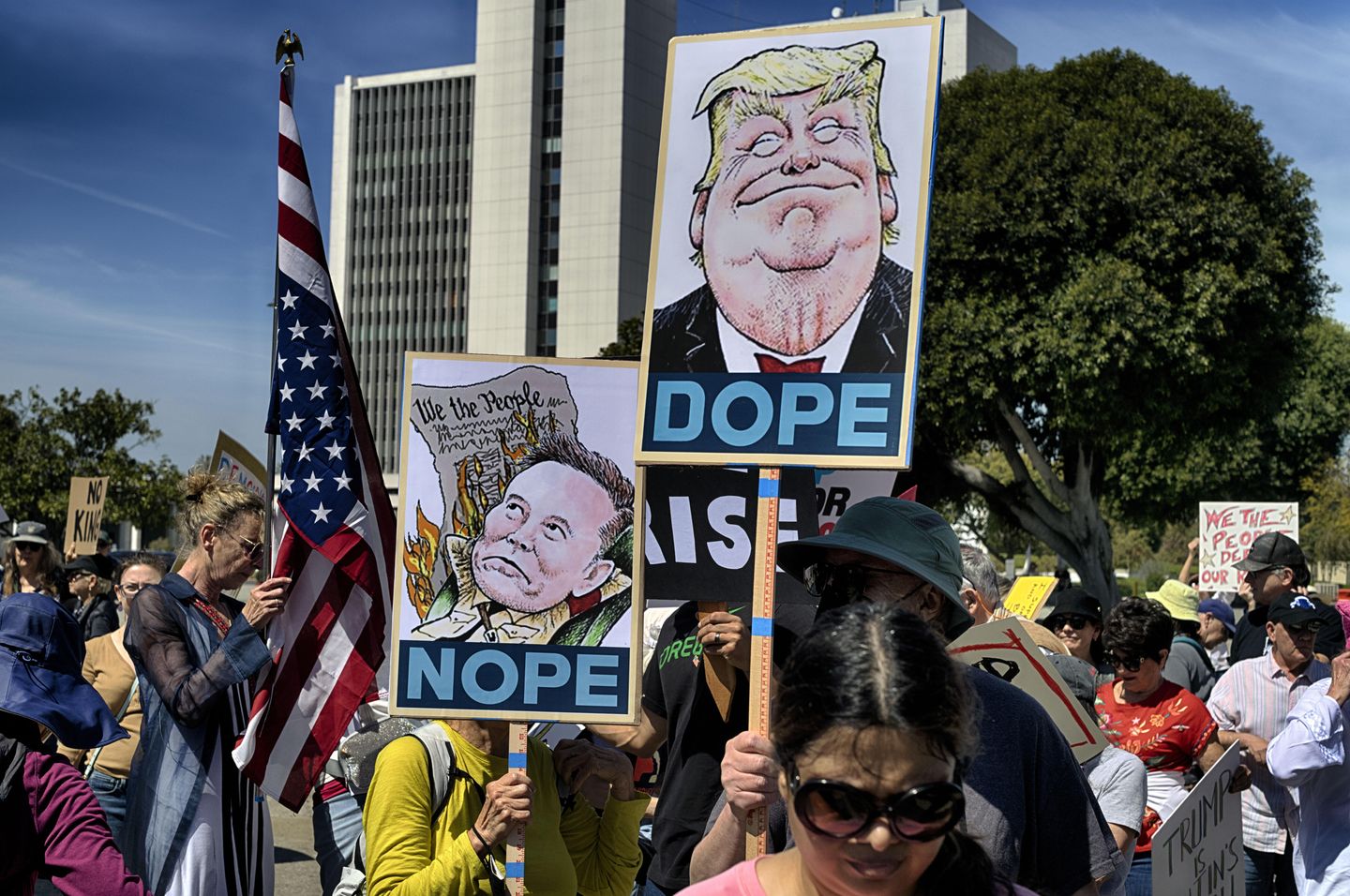
A disturbing new report has found that some liberal extremists are justifying assassination rhetoric against President Trump and Elon Musk, according to research from a prominent extremism monitoring organization. Here’s what you need to know about this concerning development in political discourse:
The research findings
New study reveals alarming rhetorical patterns:
- Research conducted by Network Contagion Research Institute (NCRI)
- Analysis examined social media content across multiple platforms
- Identified concerning patterns of violent rhetoric from some liberal extremists
- Assassination references targeting Trump and Musk specifically
- Language framed as justified resistance rather than terrorism
- Dehumanizing terminology used to normalize extreme positions
- Researchers found rhetoric has intensified since January
The justification patterns
Extremist rhetoric employs specific frameworks:
- Violence characterized as necessary “defense of democracy”
- Claims that traditional political processes have failed
- Dehumanizing language portraying targets as existential threats
- Historical parallels drawn to resistance against authoritarian regimes
- Hypothetical scenarios discussed with plausible deniability
- References to “sacrifice” and “historical necessity”
- Moral frameworks constructed to legitimize violent thoughts
The research organization
Report comes from established monitoring group:
- Network Contagion Research Institute specializes in extremism research
- Non-partisan organization tracking various forms of extremist rhetoric
- Previously published studies on right-wing extremism and antisemitism
- Uses sophisticated data analysis to identify emerging threats
- Works with law enforcement and technology companies
- Academic credentials lending credibility to findings
- Methodology involving machine learning and content analysis
The targeted individuals
Two high-profile figures feature prominently:
- President Trump primary focus of concerning rhetoric
- Elon Musk increasingly mentioned alongside Trump
- Both portrayed as threats to democracy or humanity
- Association based on perceived alliance and influence
- Other conservative figures mentioned but less frequently
- Specific policies cited as justification for extreme language
- Family members occasionally included in threatening content
Law enforcement response
Security agencies monitoring situation:
- Secret Service aware of research findings
- Threat assessment protocols constantly updated
- Distinction between protected speech and genuine threats
- Resources allocated based on credibility of specific threats
- Coordination between federal and local agencies
- Technology companies providing cooperation
- Public statements discourage normalizing violent rhetoric
Social media context
Platform policies facing increased scrutiny:
- Major platforms prohibit explicit threats of violence
- Enforcement challenges with coded language
- Algorithms potentially amplifying extreme content
- Content moderation policies inconsistently applied
- International dimensions complicating enforcement
- Technical solutions proving inadequate for context
- Debate over platform responsibility intensifying
Historical perspective
Experts place findings in broader context:
- Rhetorical escalation preceding past political violence
- Cycle of extreme rhetoric across political spectrum
- Democratic institutions requiring civil discourse norms
- Historical examples of rhetoric preceding action
- Political polarization creating fertile ground for extremism
- Social media accelerating spread of extreme positions
- Democratic societies particularly vulnerable to internal threats
What happens next
Several key developments are anticipated:
- Additional research to quantify prevalence of rhetoric
- Platform policy adjustments possible
- Law enforcement maintaining heightened vigilance
- Public officials likely to address concerning trends
- Civil society organizations promoting deescalation
- Media coverage potentially influencing discourse
- Public reaction potentially dampening or amplifying rhetoric
Read more:
• Liberals justify assassinating Donald Trump, Elon Musk: NCRI study
This article is written with the assistance of generative artificial intelligence based solely on Washington Times original reporting and wire services. For more information, please read our AI policy or contact Ann Wog, Managing Editor for Digital, at awog@washingtontimes.com
The Washington Times AI Ethics Newsroom Committee can be reached at aispotlight@washingtontimes.com.












